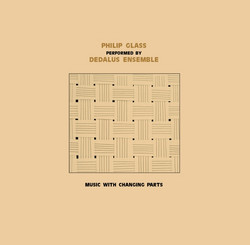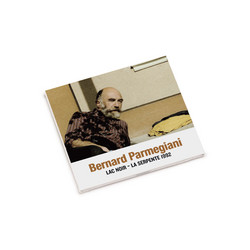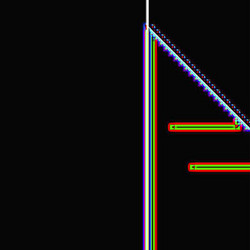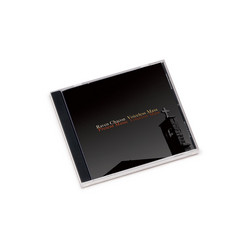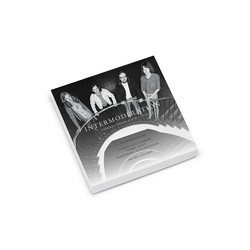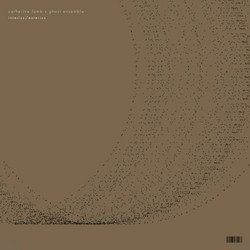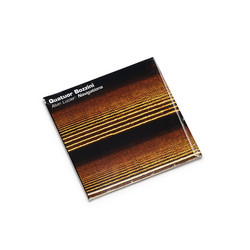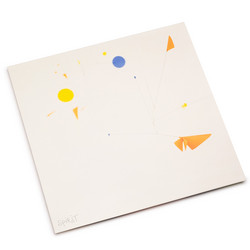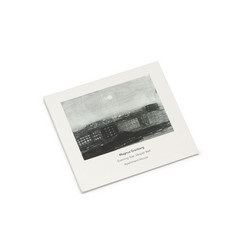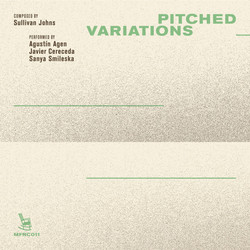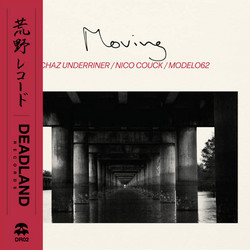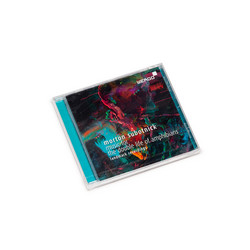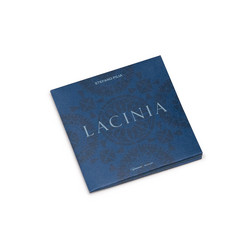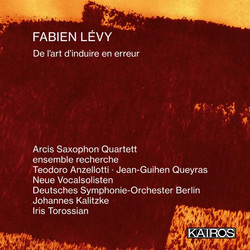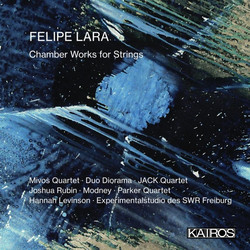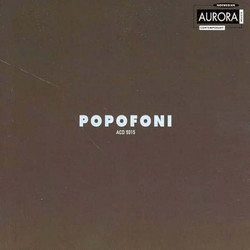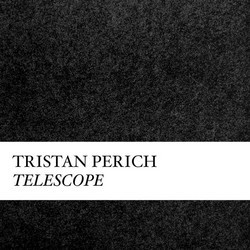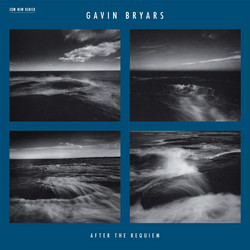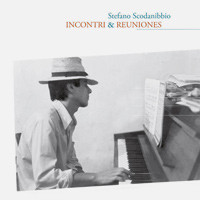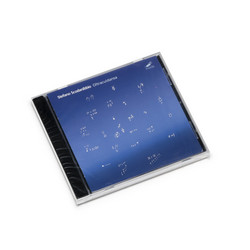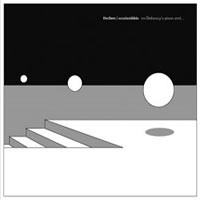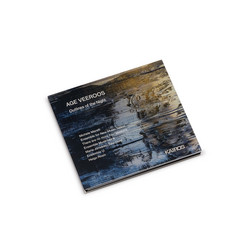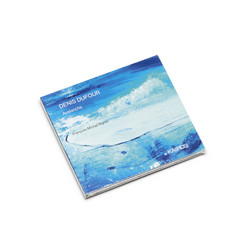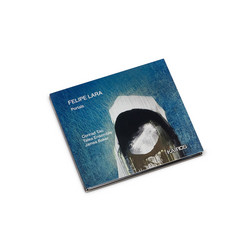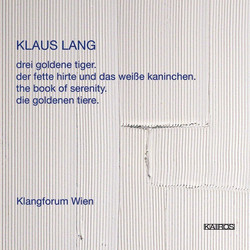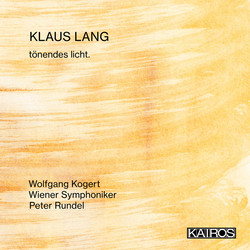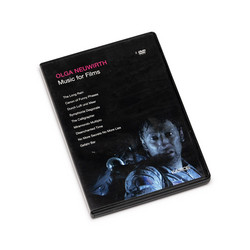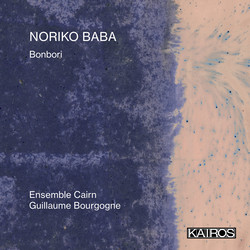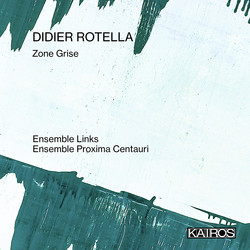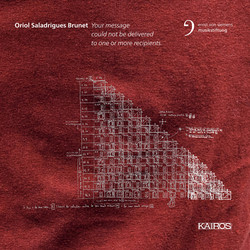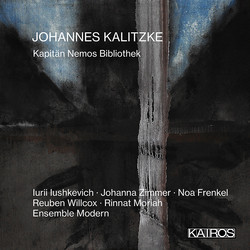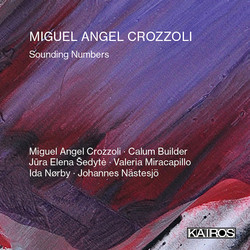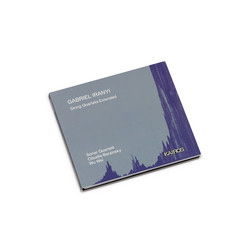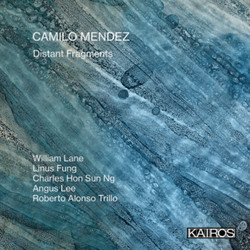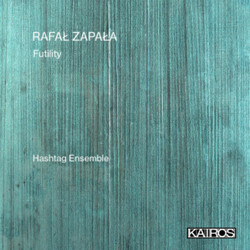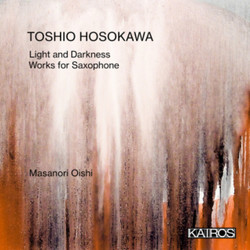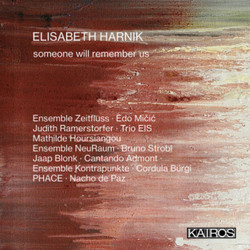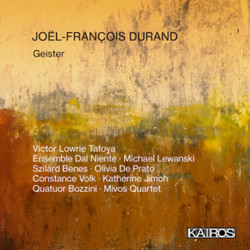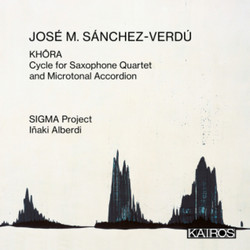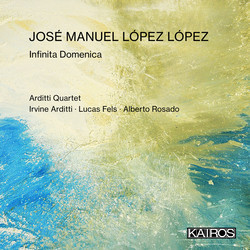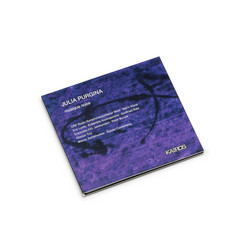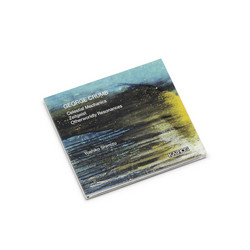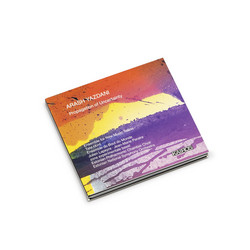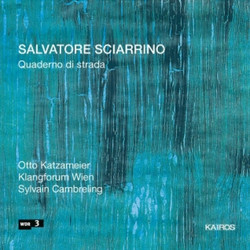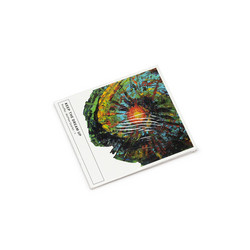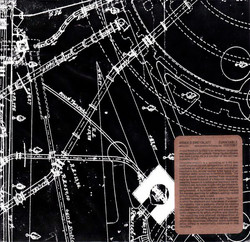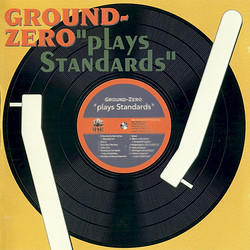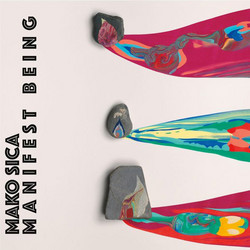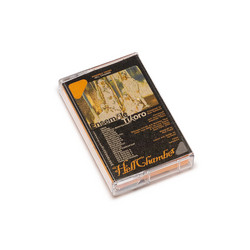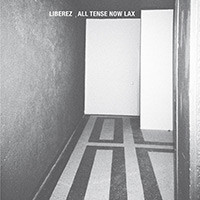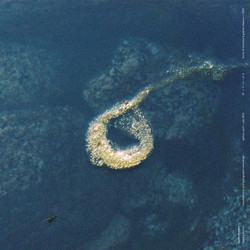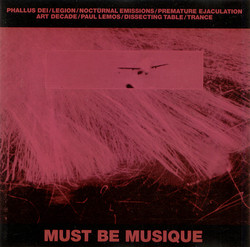Defining the character of a composer’s music is always hazardous, especially if the composer is restless. But around Stefano Scodanibbio’s music we often return to the concept of wandering, which moreover reflects his life. This is testified by his writings, which tell us how travel, lack of stability, desire were factors to be found written or improvised in his works. An important and restless philosopher introducing the volume that collects those writings (Not enough for me, Quodlibet, 2019) gave an effective understanding to the traits in Scodanibbio’s personality.
When Giorgio Agamben remembers the “shy insatiability” of his late friend he summarizes his way of being as well as his music. We are talking here about a composer who was also a wonderful double bass soloist. Indeed, to separate his activity of writing music from his activity of interpreting music, either his own or others, in fusion with that gigantic instrument, body to body, bodily embrace, amorous bodily conflict, would be a pointless exertion of academic philologists. Scodanibbio may have written for the most varied instruments or combinations of instruments but the trace of his vital relationship with his instrument remains strong. It remains as the imprint of a gesture, a way of approaching music from the inside, immersed, shaken, reborn with music as only happens to those who play it as well as writing it and imagining and planning it. The contemporaneity of Scodanibbio’s music lies here. You listen to it as something that is happening, not as something that has been thought out and then made to happen.
Yet there is preparation, organization, confrontation with his own experiences already accomplished in those works, as is well explained in the Notebooks that are published in the volume cited. Agamben is once again very helpful: “In the Middle Ages, the tension that runs through and animates a form was called ductus [...] In handwriting it was not the shape of the characters but the pressure of the hand that traces them. I can find no other concept to describe Stefano, both his music and his life [...] Ductus infinitely fragmented and equally stubbornly recomposed. But always tense, headlong”. - Mario Gamba
